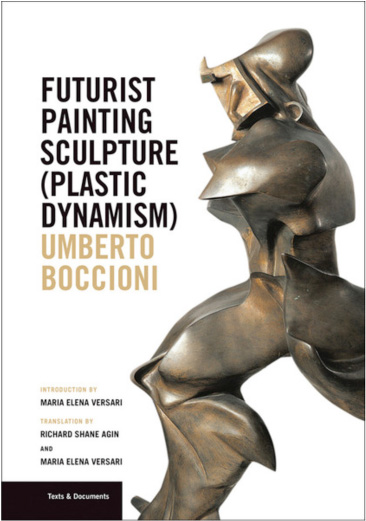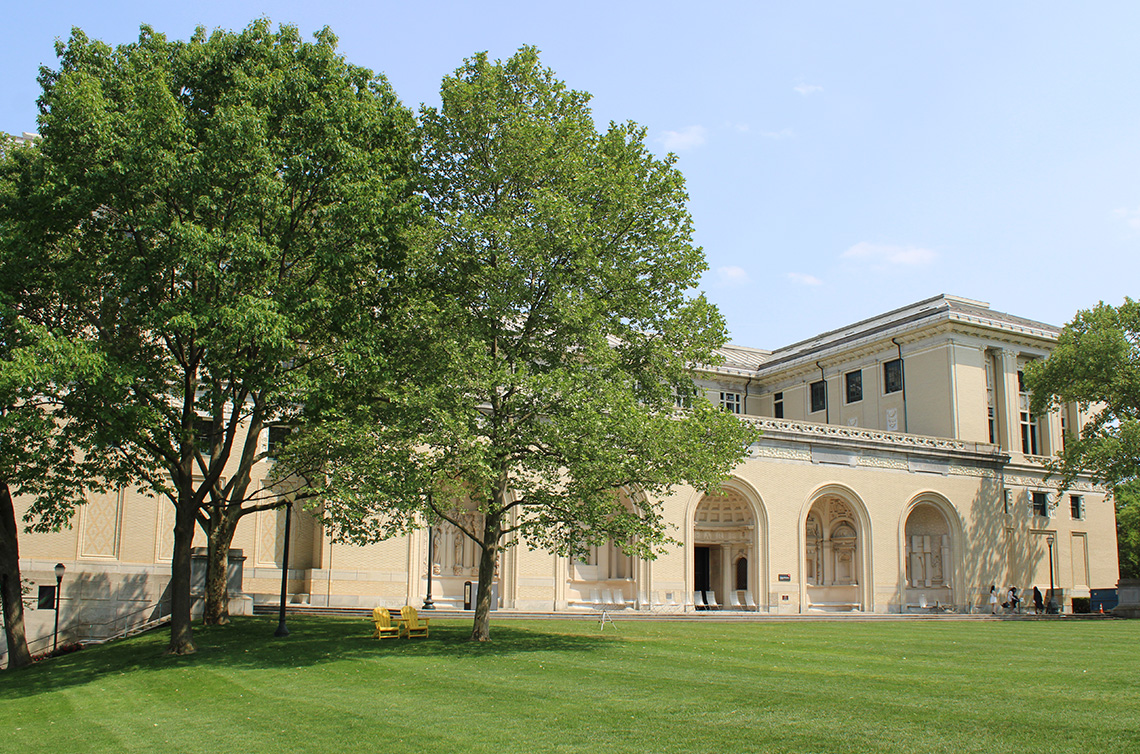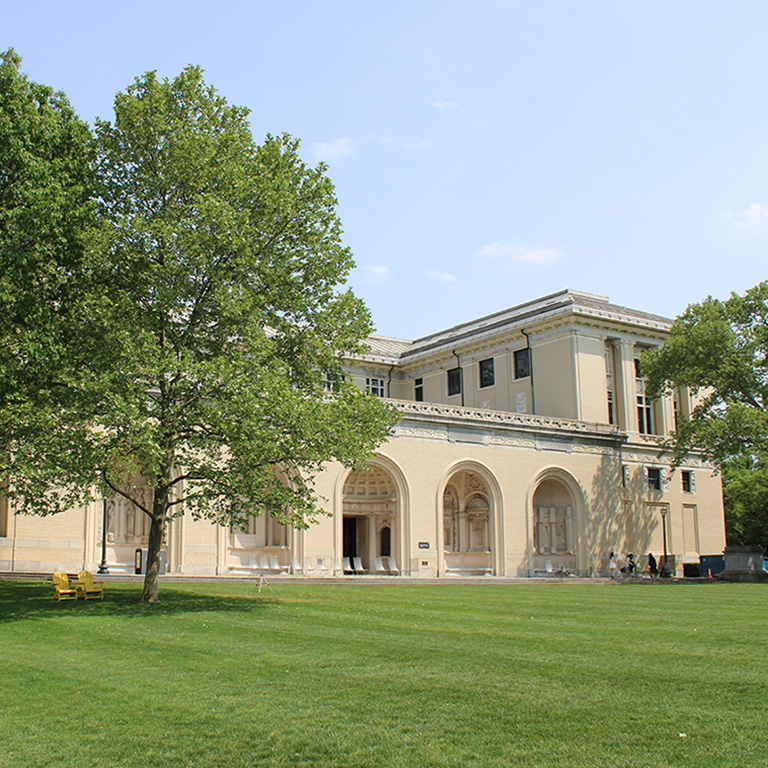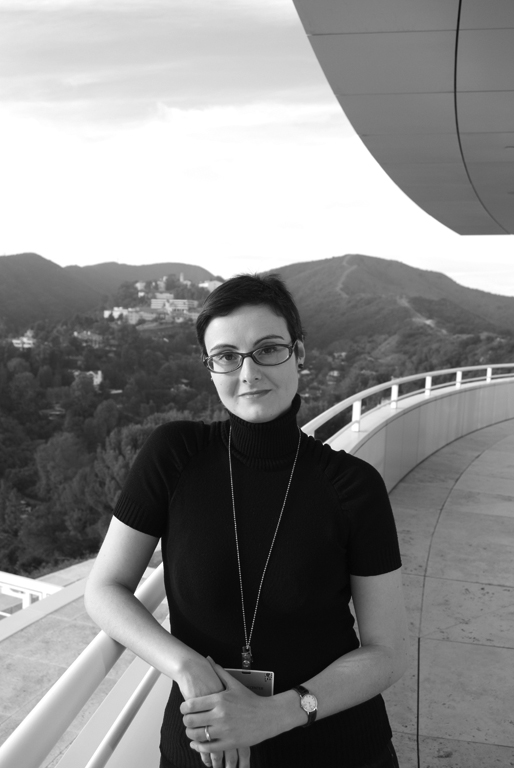Maria Elena Versari
Visiting Professor of Art History & Theory
Maria Elena Versari is an art and architectural historian. Her research focuses on the 19th and 20th centuries and in particular on the intersection between art and technology, the international avant-garde and totalitarian aesthetics.
She studied at the Scuola Normale Superiore, where she received a PhD in Art History with a doctoral dissertation devoted to the international relations of Futurism in the 1920s. She held the positions of Assistant Professor of 19th- and 20th-Century Art at the University of Messina and Scholar-in-Residence at the Center for the Arts in Society at Carnegie Mellon University. More recently, she was the Lynette S. Autrey Visiting Professor in the Humanities Research Center at Rice University and Visiting Scholar at the Getty Research Institute. She has worked as a Fellow at the Smithsonian American Art Museum, the Institut National d’Histoire de l’Art in Paris and the Wolfsonian Museum and Library and has been a member of The Material Life of Things Research Group (2010-2011) at the Courtauld Institute of Art in London. She is currently Visiting Professor of Art History and Theory at Carnegie Mellon University.
She has published two monographs, Constantin Brancusi (Florence, 2005) and Wassily Kandinsky e l’astrattismo (Florence 2007; French transl., Paris 2008; Portuguese Transl. 2011) and edited the republication of Ruggero Vasari’s seminal Futurist dramas L’Angoscia delle Macchine and Raun (Palermo 2009). She has published widely on Italian Futurism, avant-garde internationalism, 20th-century sculpture, art historiography, Fascist and Totalitarian aesthetics and architecture, iconoclasm and historic preservation.
In 2016, she has published with the Getty Research Institute the first English translation and critical edition of Umberto Boccioni’s seminal book Pittura scultura futuriste (Dinamismo plastico) (1914).
As an art curator, she has co-organized Totally Lost, an EU-sponsored exhibition devoted to totalitarian architecture and urban memory involving 186 international photographers and mapping 300 locations worldwide (https://www.spaziindecisi.it/totally-lost-2016/) and, more recently, has curated the exhibitions Archipenko in Italy (Matteo Lampertico Fine Art, Milan 2021) and Archipenko and the Italian Avant-Garde (The Estorick Collection of Modern Italian Art, London, 2022).
She’s currently completing a book manuscript titled The Foreign Policy of the Avant-Garde and pursuing research for a second book on political iconoclasm in the 20th century.
 Back to Faculty
Back to Faculty





